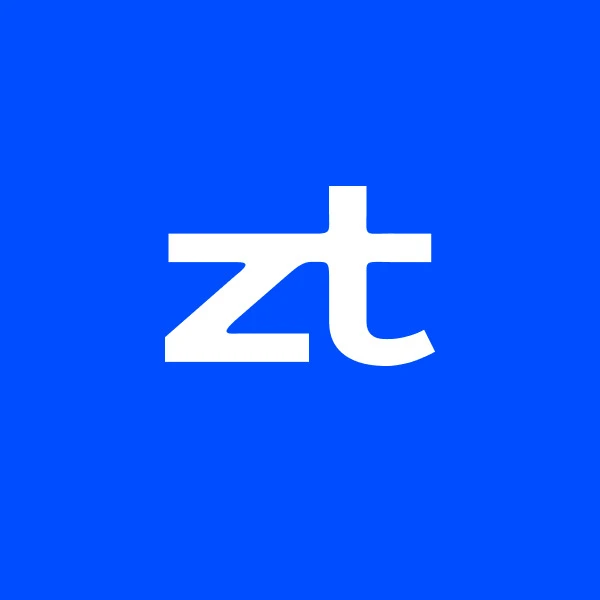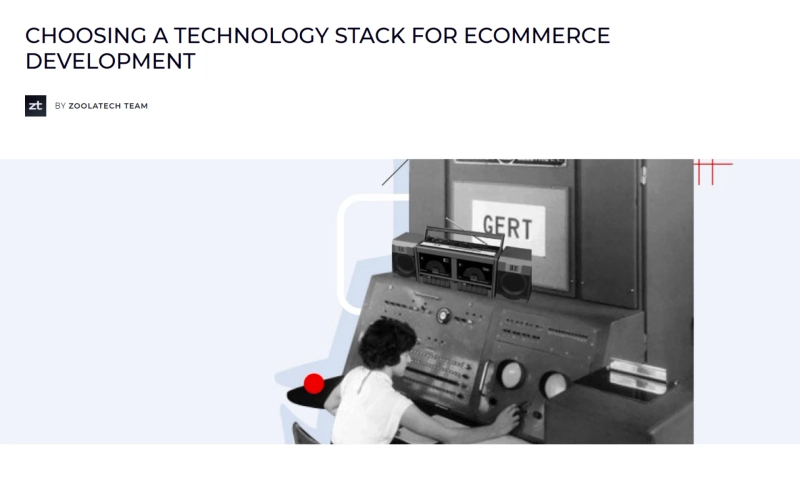When it comes to building a robust eCommerce platform, your choice of backend framework can make or break your success. A backend framework is the engine that powers everything from user authentication and product management to payment processing and performance optimization. With so many frameworks available, it can be challenging to pick the right one for your business.
Three of the most popular contenders for building scalable eCommerce solutions today are Node.js, Django, and Laravel. Each has its own philosophy, strengths, and weaknesses. Choosing the right one isn’t just about what’s trending—it’s about what aligns with your goals, your team’s skillset, and your customers’ expectations.
In this article, we’ll dive deep into the backend battle: Node.js vs Django vs Laravel for eCommerce development, explore how each framework stacks up, and help you determine which is the best tech stack for ecommerce projects in 2025 and beyond.
Why Backend Choice Matters for eCommerce
Before comparing frameworks, it’s essential to understand why backend decisions are so critical in eCommerce. Unlike a simple marketing website, an eCommerce platform needs to handle:
- Large product catalogs and inventory management
- High traffic loads during seasonal sales or campaigns
- Complex business logic, like promotions, shipping rules, and tax calculations
- Secure payment processing and compliance (PCI-DSS, GDPR)
- Real-time updates for stock availability, order tracking, and notifications
A weak backend can result in slow page loads, lost sales, security vulnerabilities, and unhappy customers. This is why businesses often seek expert partners like Zoolatech, who specialize in building scalable, enterprise-grade eCommerce solutions using modern technologies.
Node.js for eCommerce Development
Overview
Node.js is a JavaScript runtime environment that allows developers to run JavaScript code outside of the browser. Since JavaScript is the most popular language in web development, Node.js has become the go-to choice for full-stack developers who want to use one language for both frontend and backend.
Strengths of Node.js
- High Performance & Scalability
- Node.js is built on Chrome’s V8 engine, making it incredibly fast. Its non-blocking, event-driven architecture is ideal for handling many simultaneous requests—perfect for eCommerce platforms with heavy user traffic.
- Unified Tech Stack
- Using JavaScript across the stack allows teams to share code between client and server, improving development speed and maintainability.
- Microservices-Friendly
- Node.js pairs well with microservices architecture, enabling modular development where each service (cart, checkout, payment) can scale independently.
- Rich Package Ecosystem
- With npm (Node Package Manager), developers have access to thousands of packages and libraries, speeding up development of features like authentication, image processing, and real-time chat.
Weaknesses of Node.js
- Callback Hell – While modern async/await syntax has improved readability, handling deeply nested asynchronous operations can still get tricky.
- Maturity of Libraries – Some libraries may lack stability compared to the more mature ecosystems of Django and Laravel.
- CPU-Intensive Tasks – Node.js isn’t ideal for heavy computation, as it can block the event loop and slow down performance.
Best Use Case for Node.js
Node.js is a strong choice for real-time eCommerce applications where speed and scalability are priorities—such as marketplaces, live auction platforms, or stores that rely heavily on interactive features.
Django for eCommerce Development
Overview
Django is a Python-based web framework known for its “batteries-included” philosophy. It provides almost everything you need out of the box: an ORM, authentication system, admin panel, and security features.
Strengths of Django
- Rapid Development
- Django’s built-in tools and clear project structure make it fast to get an MVP up and running. This is particularly valuable for startups and businesses that need to launch quickly.
- Security-First Approach
- Django automatically protects against many common security threats, such as SQL injection, CSRF, and XSS attacks. This makes it attractive for handling sensitive eCommerce data.
- Scalability & Stability
- Django powers massive platforms like Instagram and Pinterest, proving its ability to scale to millions of users.
- Rich Admin Panel
- The Django admin is one of its standout features, allowing store managers to edit product listings, manage users, and process orders with minimal custom development.
Weaknesses of Django
- Monolithic by Nature – While Django can work in microservices, it is typically used as a monolithic application, which can be harder to scale horizontally compared to Node.js microservices.
- Performance – Python is generally slower than JavaScript or PHP, though this is often negligible with proper caching and optimization.
- Learning Curve – Developers new to Python or Django may take time to understand its conventions.
Best Use Case for Django
Django is ideal for businesses seeking secure, maintainable, and feature-rich eCommerce platforms without reinventing the wheel. Its admin interface is perfect for medium-to-large online stores with complex data management needs.
Laravel for eCommerce Development
Overview
Laravel is a PHP-based web framework that has revitalized PHP development with its elegant syntax and developer-friendly tools. Since PHP has been powering eCommerce for decades (think WooCommerce, Magento, PrestaShop), Laravel has a mature ecosystem and broad community support.
Strengths of Laravel
- Elegant & Readable Code
- Laravel’s syntax is clean, expressive, and intuitive, which makes it easy for developers to build and maintain large applications.
- Blade Templating Engine
- Laravel comes with Blade, a powerful templating engine that makes building dynamic storefronts straightforward.
- Eloquent ORM
- Its ORM simplifies database operations, reducing boilerplate code and speeding up development.
- Strong Ecosystem
- Laravel offers first-party packages like Cashier (subscriptions), Scout (search), and Horizon (queues), which are valuable for eCommerce platforms.
- Large Talent Pool
- PHP is still one of the most widely used server-side languages, making it easier to hire skilled developers.
Weaknesses of Laravel
- Performance Overhead – Laravel can be slower than Node.js under extremely high concurrency.
- Dependency on PHP Hosting – While PHP hosting is widely available, some teams prefer containerized Node.js setups for flexibility.
- Learning Curve for Non-PHP Developers – Developers coming from JavaScript or Python may find PHP’s syntax and quirks less appealing.
Best Use Case for Laravel
Laravel is an excellent choice for businesses looking for robust, cost-effective eCommerce solutions that can be built and maintained by a large pool of PHP developers.
Node.js vs Django vs Laravel: Head-to-Head Comparison
CriteriaNode.jsDjangoLaravelLanguageJavaScriptPythonPHPPerformanceHigh (event-driven, non-blocking)ModerateModerateScalabilityExcellent (microservices-ready)High (monolithic but scalable)HighSecurityRequires careful implementationBuilt-in protection featuresStrong, with middleware supportTime-to-MarketFast (especially with experienced JS team)Very Fast (batteries-included)FastCommunity & EcosystemHuge, activeMature, supportiveVery large, PHP-dominantLearning CurveModerateModerateEasy for PHP devs
Choosing the Best Tech Stack for eCommerce
So, which of these frameworks is the best tech stack for ecommerce?
The answer depends on your specific needs:
- Choose Node.js if you prioritize speed, real-time capabilities, and scalability. It’s great for dynamic marketplaces or high-concurrency platforms.
- Choose Django if you value security, built-in features, and fast MVP development. Ideal for businesses that need a quick but robust launch.
- Choose Laravel if you want a developer-friendly, cost-effective solution that leverages PHP’s mature ecosystem and a large hiring pool.
At Zoolatech, we often work with clients to evaluate their current infrastructure, business goals, and technical constraints before recommending a framework. The right backend is not just about code—it’s about aligning technology with your long-term strategy.
Final Thoughts
The backend framework you choose will shape the future of your eCommerce business. Node.js, Django, and Laravel are all powerful options, but each has its own philosophy and ideal use cases. By carefully weighing factors such as performance, security, scalability, and developer availability, you can make a decision that supports growth, innovation, and customer satisfaction.
If you are looking to build or modernize your online store, partner with an experienced team like Zoolatech. With expertise across multiple technologies, they can help you choose and implement the best tech stack for ecommerce and ensure your platform is ready for the challenges of a fast-changing digital market.



